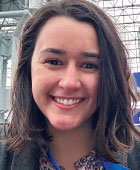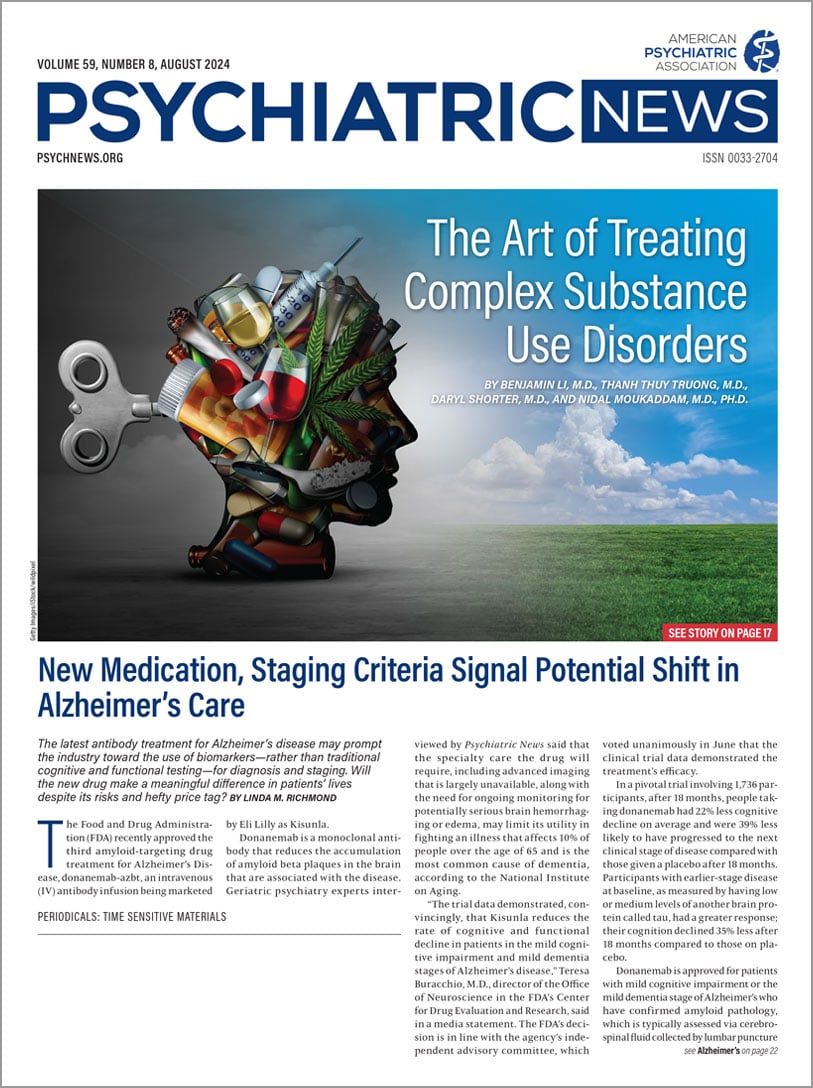In a recently discovered recording of the 1972 APA Annual Meeting Symposium “Psychiatry: Friend or Foe to Homosexuals? A Dialogue,” Dr. Anonymous boldly declared, “I am a weed.” Concealing his identity with a mask, oversized clothing, and a voice modulator, Dr. Anonymous—later revealed as Jonathan Fryer, M.D.—recounted his experience as a gay psychiatrist navigating a society and profession where homosexuality was pathologized, and the notion that psychiatrists themselves could be afflicted with this “disorder” was profoundly unsettling.
At the 2024 APA conference, in a session titled “50 Years After Dr. Anonymous: Remembrance of a Symposium Past—Psychiatry: Friend or Foe to Homosexuals? A Dialogue,” presenters discussed the lasting impact of Dr. Fryer’s revelation, highlighting the professional and personal repercussions faced by psychiatrists who dared to disclose their sexuality during an era of pervasive stigma and discrimination.
Listening to these accounts resonated with me as a recent medical school graduate and incoming psychiatry resident, particularly Dr. Fryer’s touching words: “We have to be more healthy” and “work our problem out.” As a Latina with fair skin and a history of medical diagnoses, I empathized with his struggle as I try to assimilate into a predominantly White environment while grappling with my “invisible disabilities.” Many marginalized individuals in medicine share a similar burden, perpetually striving for acceptance and recognition, yet feeling perpetually inadequate with imposter syndrome.
Fryer’s message of challenging bias within the medical community remains relevant today. Despite the perceived incongruity of being a doctor with a stigmatized identity or condition, he reassured listeners that it is indeed possible to thrive. His call to persevere in the face of adversity resonated with future physicians like Richard Dudley, M.D., who, as a fourth-year medical student in 1972, navigated the intersectionality of being both gay and Black in a predominantly White medical landscape. Dudley’s experience mirrors that of many medical students today, who grapple with whether to disclose stigmatized identities or health conditions in their residency applications, fearing discrimination leading to going un-matched.
Petros Levounis, M.D., M.A., the outgoing APA president, reflected on his own experience as a third-year medical student meeting Fryer in the mid-1990s. Levounis emphasized the importance of integrating personal and professional identities, something that Fryer pioneered in his work.
On a separate topic, Levounis acknowledged the evolving attitudes toward mental illness disclosure in residency applications. He noted that while many psychiatric diagnoses have become more accepted (such as attention-deficit/hyperactivity disorder, posttraumatic stress disorder, anxiety, and depression), others still carry significant stigma (substance use disorder and schizophrenia, for example). Some academic psychiatry physicians caution against disclosure of psychiatric disorders in residency applications due to lingering biases within the profession.
In line with Dudley’s belief in the power of medical students to effect change, I advocate for the destigmatization of physicians with health conditions. My own journey of navigating health struggles in medical school and disclosing them in my residency application has fueled my commitment to advocacy and mentorship. Through initiatives like the “Life as a Patient-Doctor” podcast, I strive to humanize medicine by sharing the stories of students and professionals with health conditions. Fryer’s sentiment that there is inherent humanity in being authentic echoes in my heart.
In conclusion, I do not advocate for aimless disclosure of health conditions but rather seek to educate and normalize the reality that individuals can pursue careers in psychiatry despite conditions listed in the DSM. Fryer’s legacy serves as a reminder that authenticity and resilience are not mutually exclusive, inspiring us to challenge stigma and embrace our humanity. ■

